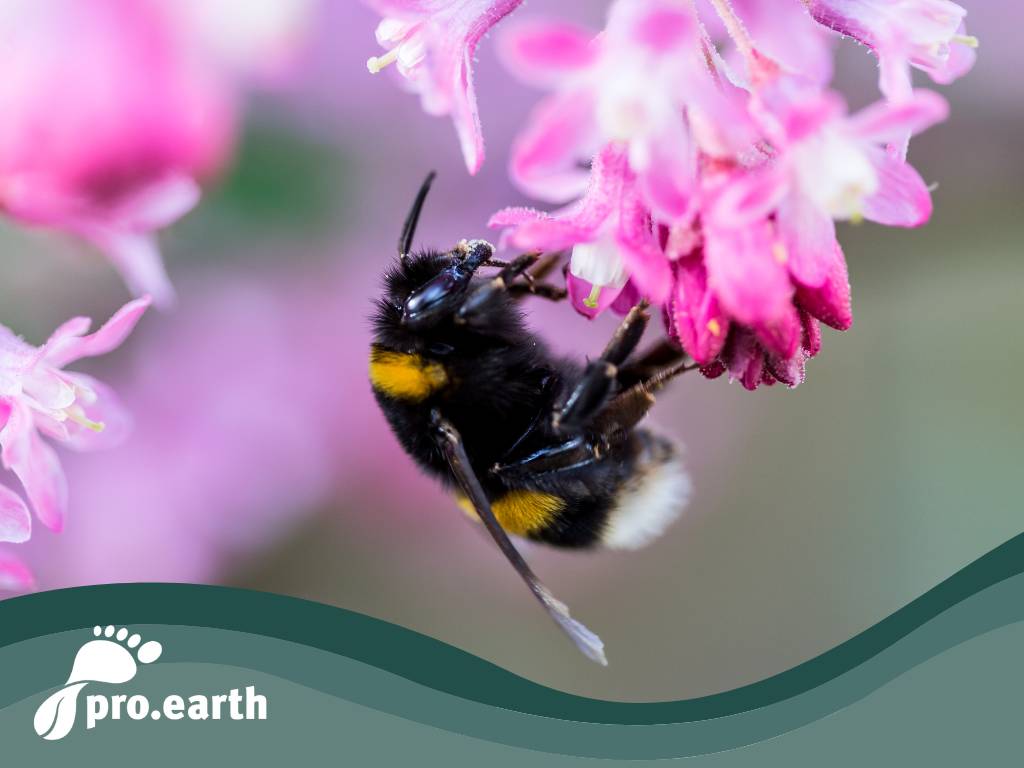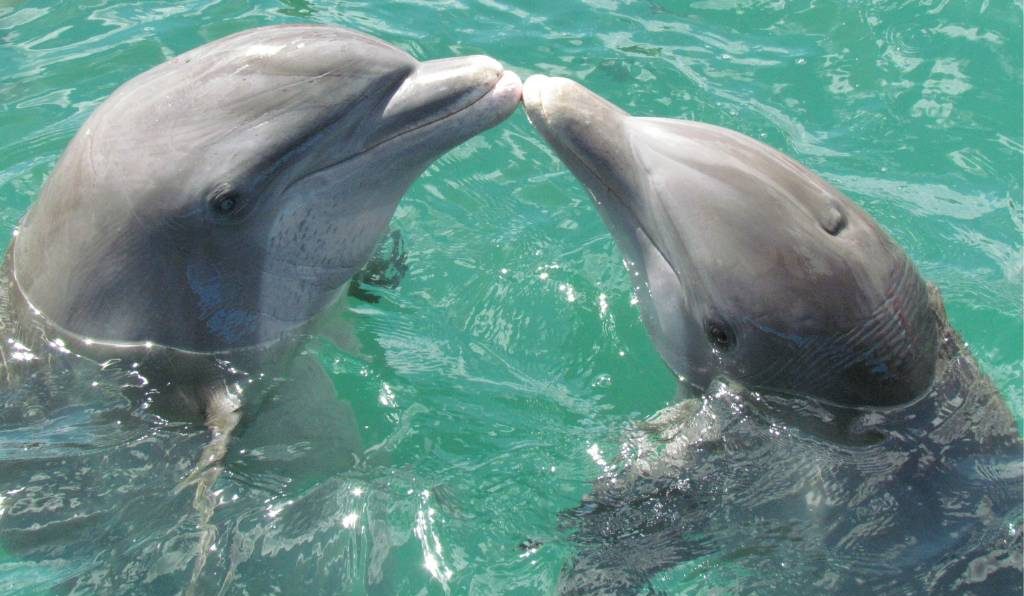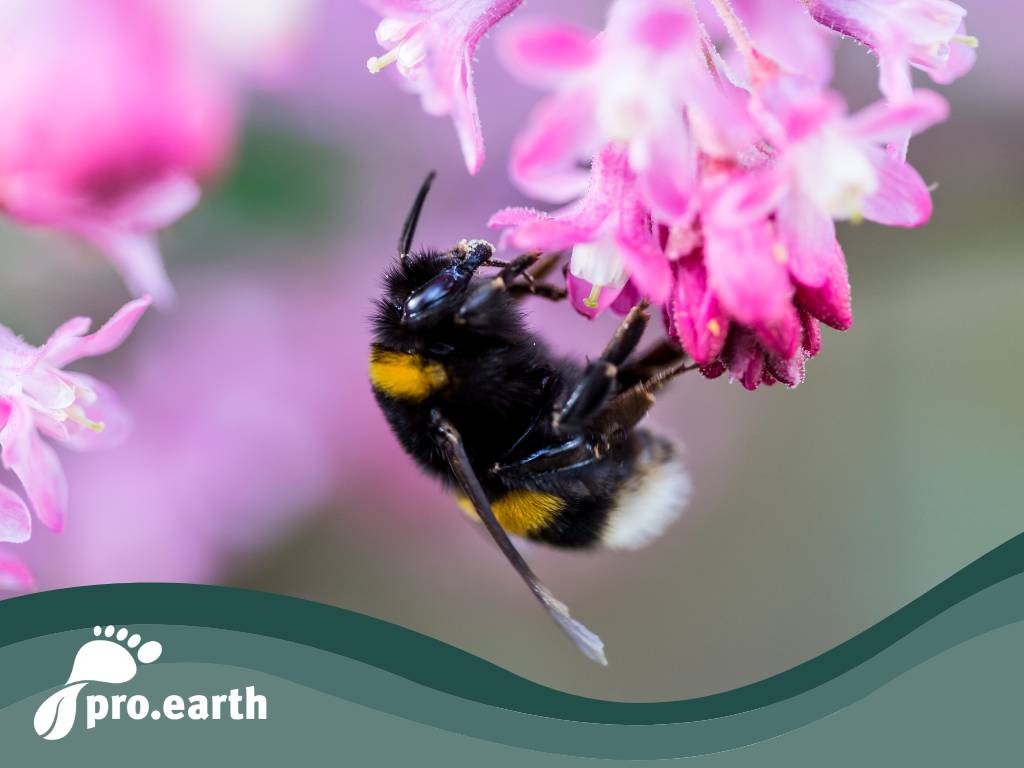Our image of purely instinct-driven animals is refuted by new studies

New research into intelligence in the animal kingdom is completely overturning our conventional image of purely instinct-driven creatures. We have to give up the claim that only we have a consciousness, and this raises ethical questions that we have to face up to.
How do researchers approach the topic?
"These are thought processes that would not be possible in humans without consciousness. So if we also find these in animals, consciousness is probably involved," explains cognitive researcher Ludwig Huber from the University of Veterinary Medicine, Vienna. "I think we are still at the beginning of understanding what the processes are that play a role in a higher kind of thinking, consciousness and rationality. But we are making progress with insights from neurobiology and increasingly sophisticated tests in behavioral biology and psychology."
In his book "The Sextet of Animal Intelligence", he describes categories to describe the intelligence of individual animal species. These include
- the manufacture and use of tools
- Planning - acting with foresight
- Memory - being able to put yourself in past and future situations
- Metacognition - knowing what you know and what you don't know
- Perspective - being able to put yourself in others' shoes
In addition to octopuses, elephants, dogs, cats, apes, dolphins, rats and other mammals, experiments have also demonstrated intelligence in bird species such as pigeons and parrots, as well as frogs, turtles and fish.
Who would have thought that bumblebees would one day be considered the "superstars of cognitive research", using tools to get treats and displaying playful behavior. Bees also have amazing abilities, they can at least count to four and memorize human faces, for example. In addition, researchers have identified different personality traits in pollinator insects such as bees.
The mirror and self-perception
 Recognizing yourself in a mirror is a very demanding test that some animal species have passed. These include monkeys, elephants, some bird species such as ravens, crows and keas and also dolphins - which, incidentally, can already recognize themselves in a mirror at the age of seven months, whereas human infants usually only manage this at around one year of age. This is checked using the spot test. This involves marking the body unnoticed in such a way that the animal can only recognize it in a mirror - for example on the forehead - and attempting to remove the markings. Interestingly, cats, dogs and octopuses did not pass the test, but cleaner fish did.
Recognizing yourself in a mirror is a very demanding test that some animal species have passed. These include monkeys, elephants, some bird species such as ravens, crows and keas and also dolphins - which, incidentally, can already recognize themselves in a mirror at the age of seven months, whereas human infants usually only manage this at around one year of age. This is checked using the spot test. This involves marking the body unnoticed in such a way that the animal can only recognize it in a mirror - for example on the forehead - and attempting to remove the markings. Interestingly, cats, dogs and octopuses did not pass the test, but cleaner fish did.
Our dealings with animals
"Animals are ethically relevant because they can suffer," writes ethik-heute.
"If we want to act ethically, it's not just about avoiding pain. It is also about suffering that is associated with interests that are made impossible, with decisions and ideas that are prevented. This is something that we humans have attributed solely to ourselves for centuries. But this gap between us and the animal kingdom is becoming increasingly smaller," says Huber.
"There are studies that show that we consider animals that we classify as edible to be less capable of suffering or intelligent. So we talk ourselves into thinking the animals we want to eat are stupid. But this is actually not covered by research at all," says philosopher and bioethicist Judith Benz-Schwarzburg in an interview with Der Standard. Never before have so many animals been eaten worldwide, vegetating in such miserable conditions as they do today due to industrial factory farming.
In addition, there is massive environmental damage caused by factory farming, such as manure input, waste of energy and water resources, greenhouse gas emissions, deforestation for the cultivation of animal feed and grazing land and much more.
pro.earth.conclusion: The belief that we humans are the measure of all things and must control all other creatures on this planet needs to be reconsidered. When you think about how we treat the animals on this planet, it makes you shudder. We have already written several times about the great extinction of species and our treatment of pets and farm animals as well as the zoo institution should also be mentioned here. It makes you dizzy when you read the figures on how many millions of animals die miserably every year for our meat consumption. We sincerely hope that these research findings will help us to find a better relationship and more respectful treatment of our fellow planetary inhabitants.
https://news.pro.earth/2023/01/26/das-artensterben-nimmt-apokalyptische-ausmasse-an/







